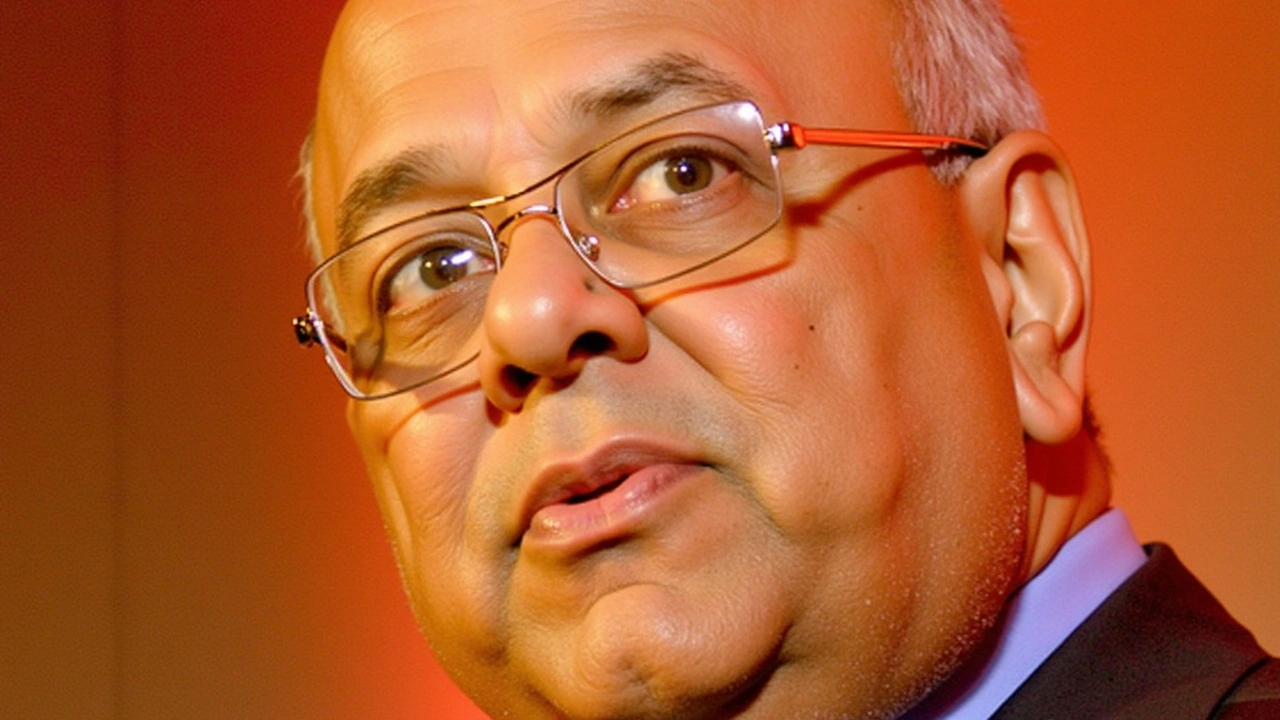Understanding Ethical Governance in South Africa
Ethical governance isn’t just a buzzword—it’s a necessity if South Africa wants to grow and thrive. It means running government and organizations with honesty, fairness, and transparency. When leaders act ethically, they earn people's trust and make decisions that benefit everyone, not just a few.
But what does ethical governance really look like? It’s about more than following rules. It means leaders take responsibility, avoid corruption, and listen to the community. In South Africa, where past wrongs still linger, setting clear standards is crucial for renewing faith in institutions.
Why Ethical Governance Matters
Imagine a government that spends public money properly, keeps citizens informed, and punishes those who break the law. Ethical governance creates this environment. When officials act with integrity, public services improve and social inequality can shrink. People feel safer, knowing their leaders aren’t exploiting power for selfish gain.
Without ethical governance, it’s easy for corruption to take root. We’ve seen how scandals and misuse of resources hurt South Africa’s progress. Citizens lose faith and disengage, which is bad for democracy. Fixing this requires ongoing effort, from the top levels down to everyday workers.
How South Africa Can Strengthen Ethical Governance
One key step is promoting transparency. Governments must share information openly so everyone knows what’s happening behind closed doors. Tools like public audits, accessible budgets, and honest reporting help expose wrongdoing before it spreads.
Accountability is another big piece. Leaders need to answer for their actions swiftly and fairly. This means stronger legal systems and watchdog bodies that aren’t afraid to act. Citizens can also play a role by staying informed and speaking out when something feels off.
Finally, ethical governance grows when good leadership is valued and rewarded. South Africa needs leaders who prioritize the country’s future over personal gain. Encouraging ethical behavior within all government levels sends a clear message that integrity matters.
Ethical governance isn’t simple or quick to achieve, but it’s the foundation that helps South Africa overcome challenges and build a fairer society. When everyone does their part, from politicians to ordinary citizens, the country stands a better chance of real, lasting change.
Honoring Pravin Gordhan: A Stalwart in South Africa's Fight Against Corruption
This article pays tribute to Pravin Gordhan, the late South African leader known for his fearless stance against corruption. Gordhan served as Minister of Finance and Minister of Public Enterprises, championing ethical governance and confronting state capture. His legacy is remembered in a memorial service by the ANC Gauteng, highlighting his contributions to combating corruption and promoting accountability.

